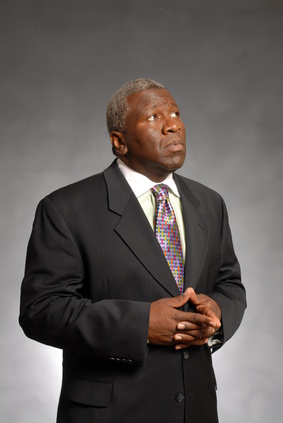
I was meeting with a successful entrepreneur recently. He said something I found interesting and it caused me to further reflect. (Side note: These kind of comments are why I always have something with me with which to take notes when I meet with people.)
The business leader told me in his business all their employees are either protectors or advancers.
He said protectors are usually found in HR, legal or accounting departments. They “protect” the organization. There needs to be an adequate number of protectors in every organization.
Advancers, on the other hand, grow the business. Regardless of their job title these people help the organization do more towards accomplishing their mission. They produce a product. The are “revenue positive”. They add income to the bottom line.
Then he went on to say he always wants more advancers than protectors. Far more. In fact, nearly everyone in his company (and it is a very large company) needs to be an advancer.
After the meeting I kept pondering his words. I see relevance here in business and in ministry. I see how this logic could work in the for profit world and the non-profit. It could even apply in the church.
In simple terms the goal in business is to make a profit. The goal in ministry or nonprofits is to advance a cause. In both types of organizations we need to protect and advance.
If we don’t have protectors we will eventually get into trouble. If we don’t have advancers we will eventually not exist.
There are a few other things I landed on in my pondering of this concept:
In my experience, people naturally become protectors. They get accustomed to the way things are done. They become comfortable with a system or strategy. They begin to love tradition and the way things have “always been done” – and soon even those who should be advancers begin to protect at all costs.
People will seldom “self-select” to become advancers – at least in my experience. Most advancers have to be continually encouraged to advance. (Even protectors can help with advancing when encouraged to do so.)
Generally speaking, protectors manage programs. Advancers want to consistently tweak or change them.
Protectors build systems. Advancers challenge them.
Protectors often frustrate advancers. Simply doing their role – as they should – they “hold the line”, enforce the rules, and ensure the budget is followed.
Advancers often frustrate protectors. They challenge the status quo. They introduce change. They stretch paradigms. (And budgets.)
We need both protectors and advancers. Part of leadership is balancing the need for protectors and advancers, so we can better realize the goal for the organization.
Think about your organization. How many protectors do you have? How many advancers?
More importantly, will you achieve the goals you’ve set for your organization this year with the balance you currently have on your team?








 Logging you in...
Logging you in... Loading IntenseDebate Comments...
Loading IntenseDebate Comments...
There are also enforcers. They are the people who are to be feared as they ensure the system is protected and that the advancers do not succeed. They have no problem running people out of the faith and getting the preacher to condemn to hell anyone who does not toe the line.
I’ve experienced those too, unfortunately.